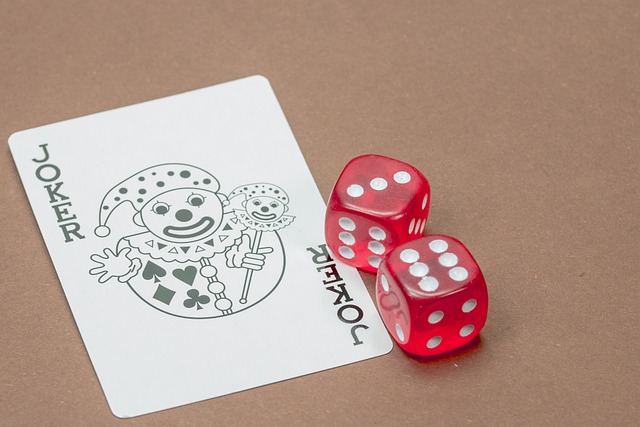Virtual reality is changing how we experience online gambling—and one of the most profound shifts is in how players interact socially. While traditional online casinos often feel isolating, VR casino environments open the door to immersive, personal, and dynamic social experiences. From voice chat and avatars to shared games and real-time communication, players are no longer gambling alone—they’re stepping into vibrant, multiplayer spaces that mimic the energy and connection of real-world casino floors.
Avatars Make Social Presence Real
In VR casinos, every player is represented by an avatar, a customizable 3D character that moves and reacts in real time. These avatars walk around casino floors, sit at gaming tables, and engage in social spaces like lounges or lobbies. Instead of just usernames in a chat box, avatars express presence—they wave, nod, and look around, creating a stronger sense of “being there” among others.
Players can personalize their appearance, outfits, and even behaviors, adding personality to the interaction. This level of customization turns casual gambling into a more relatable and human experience, making it easier to strike up conversations and build connections.
Real-Time Voice Chat Changes Everything
Unlike standard chat-based casinos, VR platforms allow players to talk in real time using microphones. Voice communication adds depth to gameplay—players laugh, comment on wins and losses, and build rapport with both dealers and fellow gamblers. This makes games like poker, blackjack, and roulette feel more authentic and engaging.
Instead of clicking emojis or typing short phrases, you can speak naturally—just like you would in a physical casino. This opens the door to real conversation, spontaneous reactions, and shared enjoyment that would be impossible in a text-only environment.
Group Play and Shared Experiences

VR casino environments often support group activities, enabling friends or strangers to join games together. Whether it’s a poker table with open seats or a multiplayer slot tournament, players can cooperate, compete, and celebrate with others in real time.
Beyond the games, VR platforms include interactive lounges, bars, or VIP rooms where players can hang out between rounds, swap stories, or plan group sessions. These social areas help transform gambling from a solitary habit into a shared digital night out.
Dealer Interaction Feels Natural
Live dealers in VR casinos play a central role in social engagement. They’re not just card handlers—they’re hosts. With voice chat and motion-captured avatars, dealers can welcome players, comment on the action, and create a friendly atmosphere. Players respond with gestures, voice, or playful banter, making each table feel lively and personal.
In more advanced setups, dealers even recognize returning players, remember past conversations, and adjust their hosting style to match the mood of the room. This consistent human presence helps establish trust, comfort, and fun, encouraging longer sessions and return visits.
Cross-Cultural and Global Communities
VR casinos bring together players from around the world, creating diverse, multicultural gaming environments. Whether you’re gambling in Europe, chatting with someone from Asia, or sitting at a table with an American poker pro, the global nature of VR creates spontaneous cross-border social moments.
Many VR casinos support multiple languages, regional games, and time zone-friendly events, ensuring no matter where you’re located, you can find a room that fits your playstyle and cultural context. This makes VR gambling feel more inclusive and exciting.
Privacy with Social Control

Despite the social emphasis, VR casinos respect user boundaries. Players can adjust privacy settings to limit who can interact with them, block or mute disruptive users, and choose when to engage. You can go incognito, enter private rooms, or simply observe games as a spectator if you’re not feeling social.
This balance between openness and control allows players to engage at their own pace and comfort level—something missing from both physical casinos and standard online platforms.
Community Events and Shared Milestones
Many VR casino environments host scheduled events like themed tournaments, holiday parties, or exclusive game nights. These aren’t just about gambling—they’re about building community. Players meet regularly, compete for rewards, and develop real friendships through shared activities.
Some platforms even include loyalty groups or clubs, where long-term users can unlock custom environments, host invite-only games, or collaborate with casino staff to shape future features. This collaborative ecosystem keeps users invested beyond the gameplay itself.
Final Thoughts
Social interaction is no longer an afterthought in online gambling—in VR casinos, it’s front and center. From lifelike avatars and voice chat to multiplayer gameplay and personalized dealer engagement, VR creates an environment where players can feel truly present with others. Whether you’re making new friends, joining a poker table with regulars, or simply enjoying the background chatter in a digital casino lounge, the human element returns in full force. In 2025 and beyond, VR casinos aren’t just about betting—they’re about connection, community, and shared experiences that bring gambling closer to real life than ever before.
